Zrelá mladosť (1983)
Biographical film about the work of the young Klement Gottwald. The story depicts his stay in Banská Bystrica, where he edited the Slovak communist press and helped organise the communist revolutionary movement.
Biographical film about the work of the young Klement Gottwald. The story depicts his stay in Banská Bystrica, where he edited the Slovak communist press and helped organise the communist revolutionary movement.
 Daniel DítěKlement Gottwald
Daniel DítěKlement Gottwald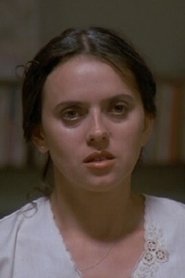 Milka Zimková
Milka Zimková Miloslav Mejzlík
Miloslav Mejzlík Deana Horváthová
Deana Horváthová Miroslav Zounar
Miroslav Zounar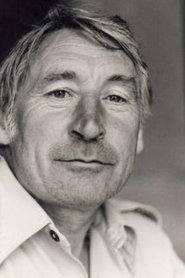 Jozef Majerčík
Jozef Majerčík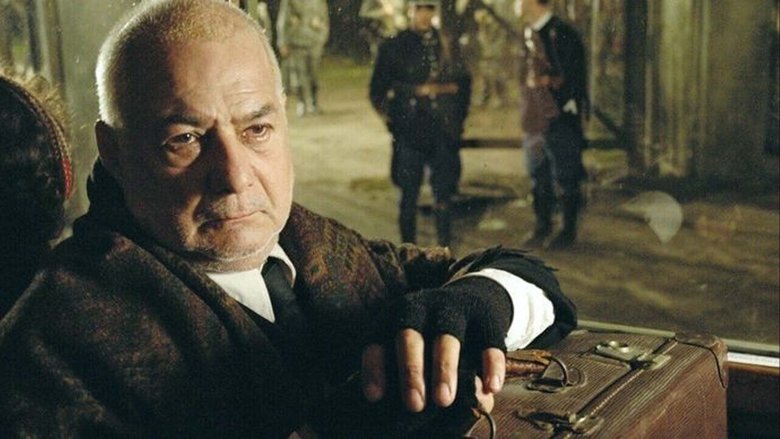
Portrait of a homosexual bohemian who converted from Judaism to Catholicism and was captured by the Gestapo in the 1940s.

Trash is a coming of age drama set amongst the poverty stricken trailer parks of the deep South. In a spiraling tale of hatred, love and loyalty, two teenage friends realize that the only way for each of them to escape their miserable futures is by forever sacrificing the other.
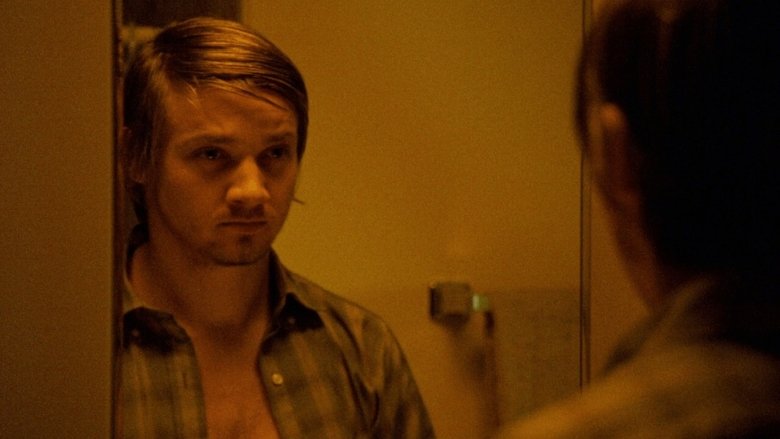
On February 15, 1992 in Milwaukee, Wisconsin, Jeffrey Dahmer, one of the world's most infamous serial killers, was convicted of 15 counts of murder and sentenced to 937 years in federal prison. This movie is based on events from his life.
Biopic of Canadian music sensation Shania Twain, exploring her childhood as a member of a poverty-stricken family, her teenage years spent performing in bars, and her eventual emergence as an award-winning country singer.
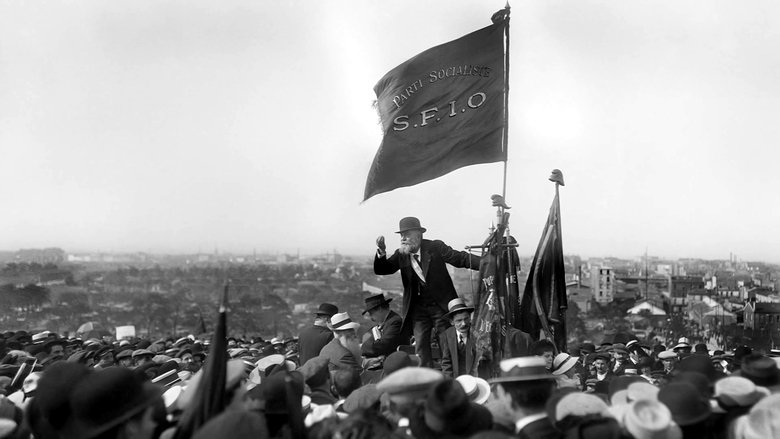
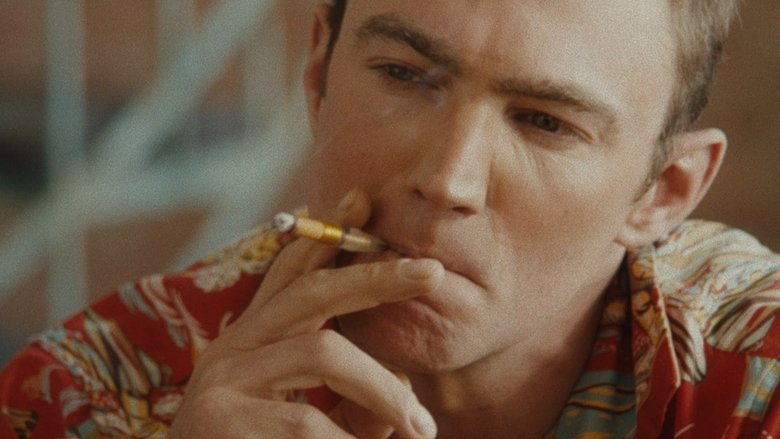
The true story of Hunter S Thompson's curious, bizarre and entertaining run to be sheriff of Pitkin County in the 1970s.

Chronicles a single day in the summer of 1989 when the future president of the United States, Barack Obama, wooed his future First Lady on an epic first date across Chicago's South Side.
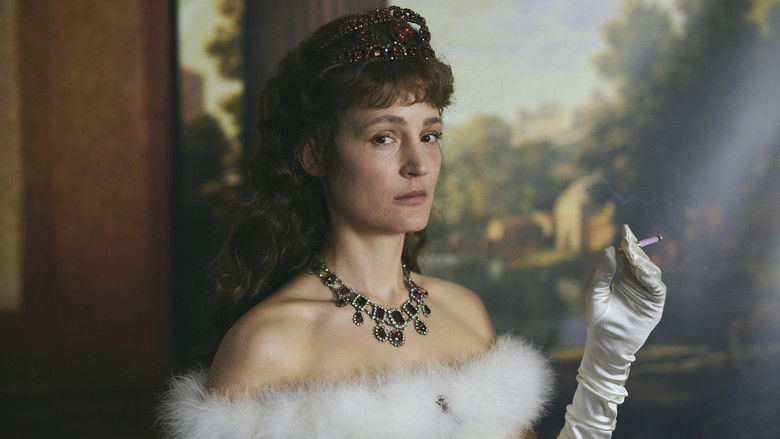
A fictional account of one year in the life of Empress Elisabeth of Austria. On Christmas Eve 1877, Elisabeth, once idolized for her beauty, turns 40 and is officially deemed an old woman; she starts trying to maintain her public image.

The extraordinary life of Carla Fracci, the greatest Italian ballerina of all time, told from her first steps at the Accademia del Teatro alla Scala in Milan to the stages of the most prestigious international theaters, passing through the controversial choices, difficult sacrifices, and important satisfactions that marked her rise. Freely inspired by the autobiography “Passo dopo passo – La mia storia” (Step by Step – My Story).
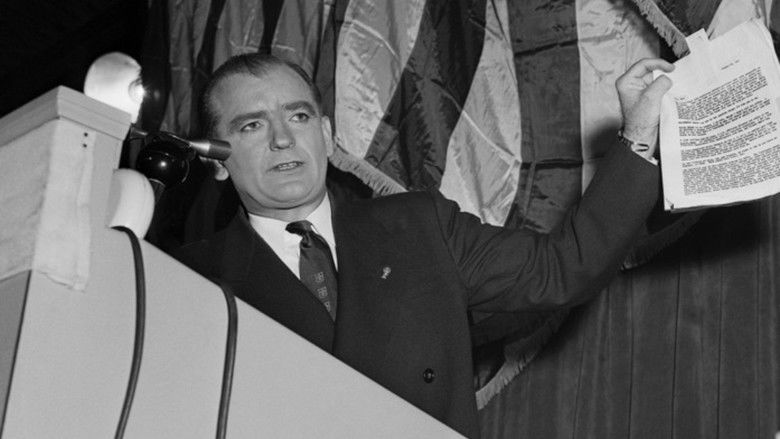
A personal look at the influential former politician who rose to fame as a driving force behind anti-communist and anti-homosexual U.S. political sentiment during the Cold War.
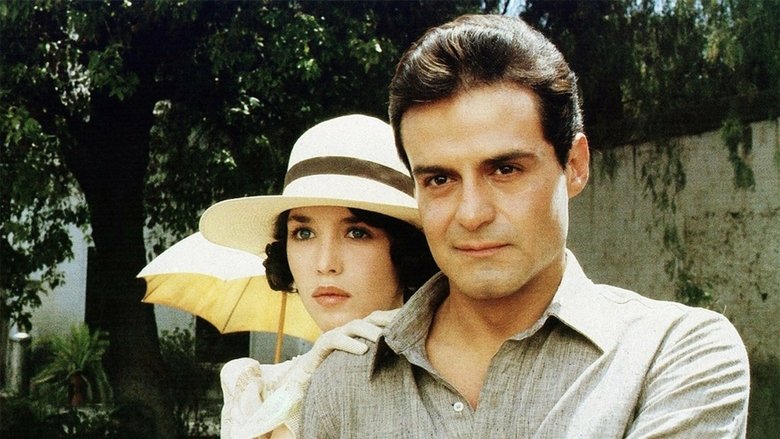
Anna is a psychologist undertaking research about famous suicidal women. She takes a specific interest in the case of Antonieta Rivas Mercado, who killed herself in 1931 in the Cathedral of Notre-Dame de Paris.
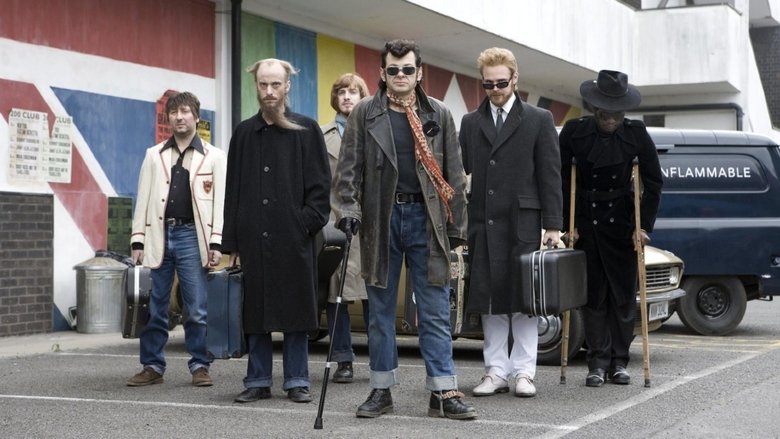
A biography of Ian Dury, who was stricken with polio at a young age and defied expectations by becoming one of the founders of the punk-rock scene in Britain in the 1970s.
The ups and downs of Blow’s life, championing unknown and marginalised fashion figures like Alexander McQueen, Philip Treacy, and Sophie Dahl, whom she catapulted to success while struggling with undiagnosed bipolar disorder.
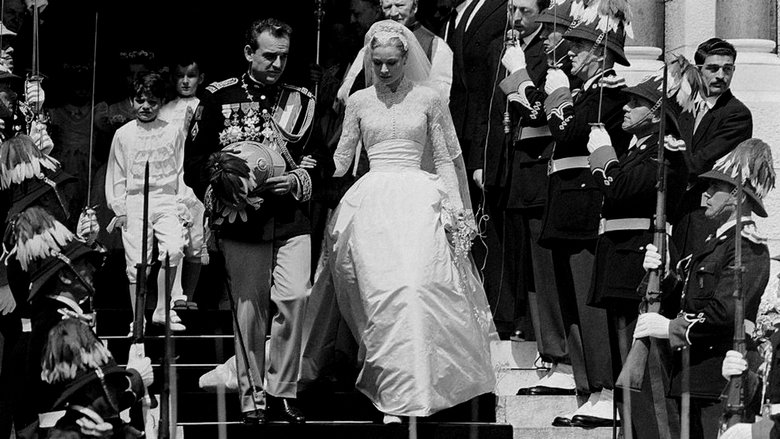
In 1956, actress and Hollywood star Grace Kelly (1929-82), then at the height of her film career, unexpectedly dropped everything to marry Prince Rainier III of Monaco. Jinx, an American journalist and friend of the future princess, accompanied her on her journey to the wedding and covered the sensational event.
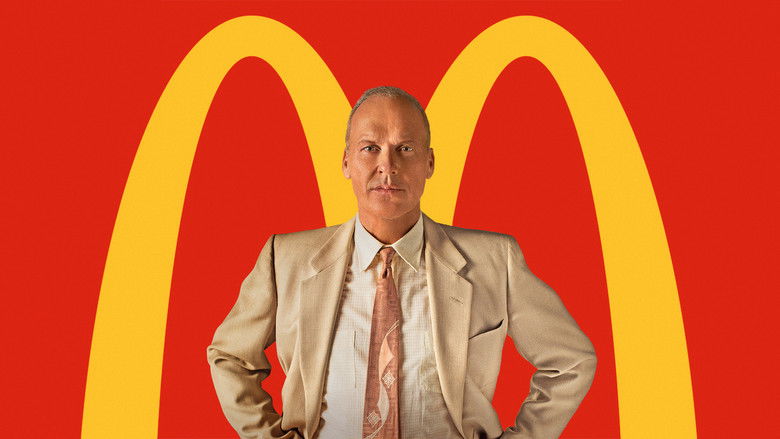
The true story of how Ray Kroc, a salesman from Illinois, met Mac and Dick McDonald, who were running a burger operation in 1950s Southern California. Kroc was impressed by the brothers’ speedy system of making the food and saw franchise potential. He maneuvered himself into a position to be able to pull the company from the brothers and create a billion-dollar empire.

Satellites in Texas is a feature documentary following musician Boome as he copes with his brothers sudden death. It follows his humble beginnings as he climbs the ladder of the music industry. Raised by a single immigrant mother Boome defies the odds and starts to scratch the surface of success. Faced by hard decisions to continue to pursue his dream, Boome takes us on the road.

A kaleidoscopic portrait of the English actress and singer Jane Birkin, heroine of pop culture.
The first biographical film on the famed Mexican artist, traces his life from childhood through his Cubist period, his leading role in the Mexican mural renaissance, his fame as a muralist in the USA, and his later years. The film explores Rivera's life and work, including his stormy relationship with Frida Kahlo and the destruction of his famous mural at Rockefeller Center. Shot on location in Mexico and the United States, the film includes a remarkable collection of archival film and photographs, much of which has not been seen before. The text is drawn from the writings of Rivera and Kahlo and from other historical texts. Using Rivera's own words, this richly detailed film brings to life the difficulty he faced in his transition from studio artist to public and political artist, and the conflicts that arose from that point onward.
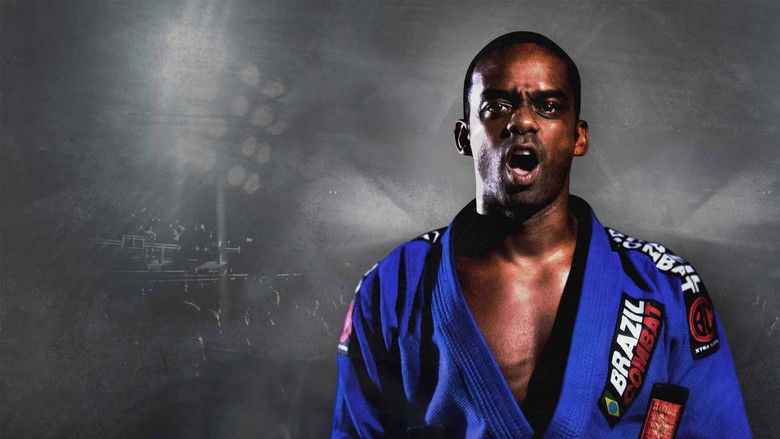
Five-time Jiu-jitsu world champion, Tererê won almost every battle he faced on the tatami mats, but it was far from them that he suffered his worst defeat.